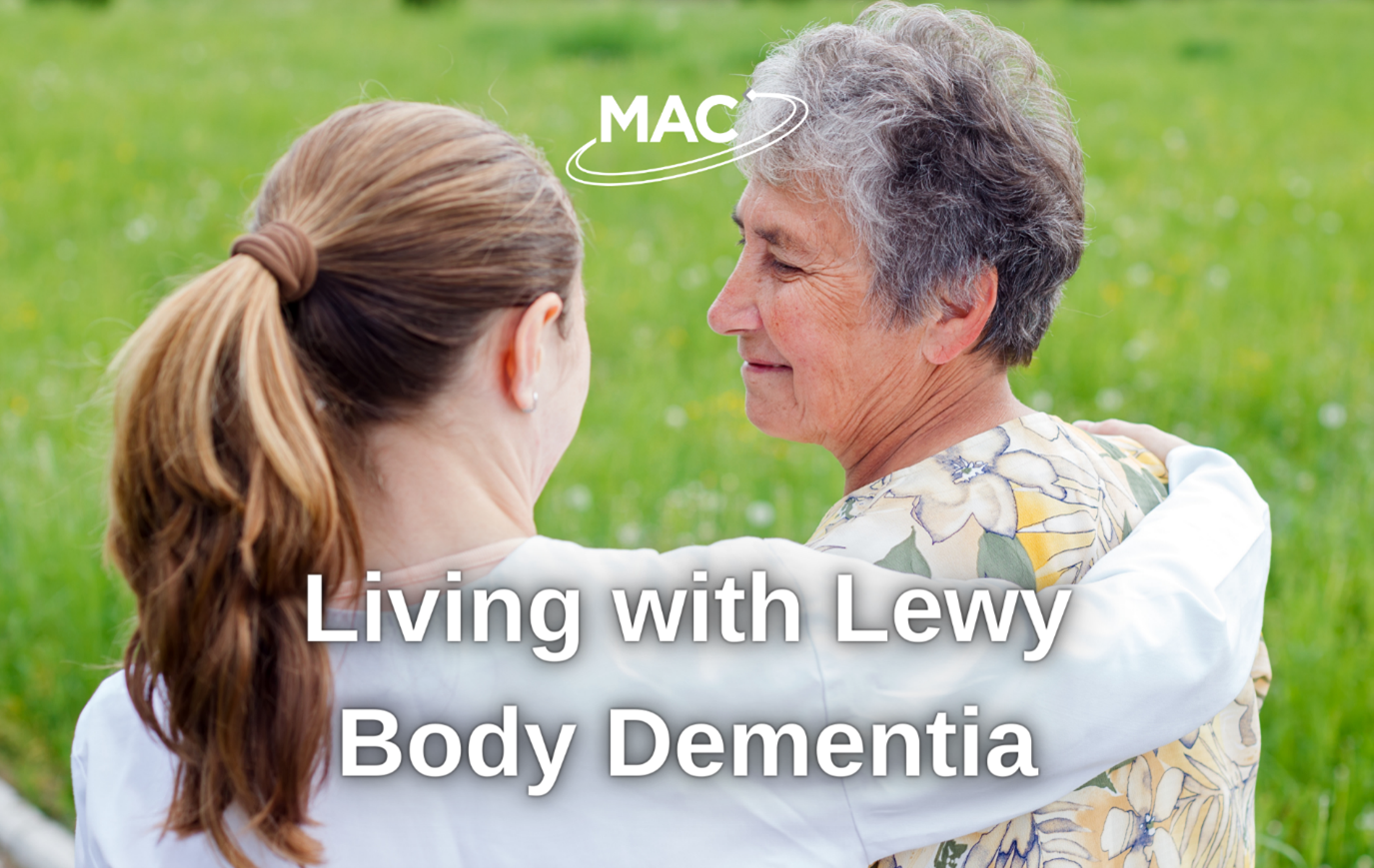Dementia with Lewy bodies (DLB), also known as Lewy Body dementia, is one of the most common types of dementia.
Like other memory illnesses, Lewy body dementia mainly affects people over 65 and causes problems with mental abilities, developing slowly and getting worse over several years.
Lewy bodies are clumps of protein that can form in the brain. When they build up, they can cause issues with brain functioning such as memory, movement, thinking skills and behaviour.
Although there are some similarities with Lewy Body dementia to other memory conditions like dementia and Alzheimer’s, there are some key symptoms that are unique to DLB. Those living with DLB may experience hallucinations, this can be incredibly frightening for someone living with the condition as they may see things that aren’t physically there.
Dementia with Lewy bodies can also have a big impact on someone’s life due to its impact on one’s behaviour and motor skills; it can cause slow movements, stiff limbs, or tremors as well as fainting and unsteadiness.
These symptoms can make daily activities incredibly difficult for someone living with DLB and they may be unable to look after themselves.
Similar to conditions like Alzheimer’s, there is no cure for dementia with Lewy bodies or any treatment that will slow it down. At the moment, there is only treatments to help control some of the symptoms associated with the condition.
MAC Clinical Research is currently conducting a new clinical trial into an existing drug (that was originally developed for asthma) to see if the medication may help with fluctuations in cognition, for example remembering, thinking and problem-solving.
We are currently looking for male and female patients with Dementia with Lewy bodies aged 50-80 to participate in this new clinical study. With your participation, you may be helping to contribute to the development of a new treatment for Dementia with Lewy bodies that may help improve the quality of life for many people living with this condition.
The trial is running at our clinics in Blackpool (Lancashire), Barnsley (South Yorkshire), and Greater Manchester. Eligible participants will receive up to £680. For more information or to register yours or a loved one’s interest, visit our website.




